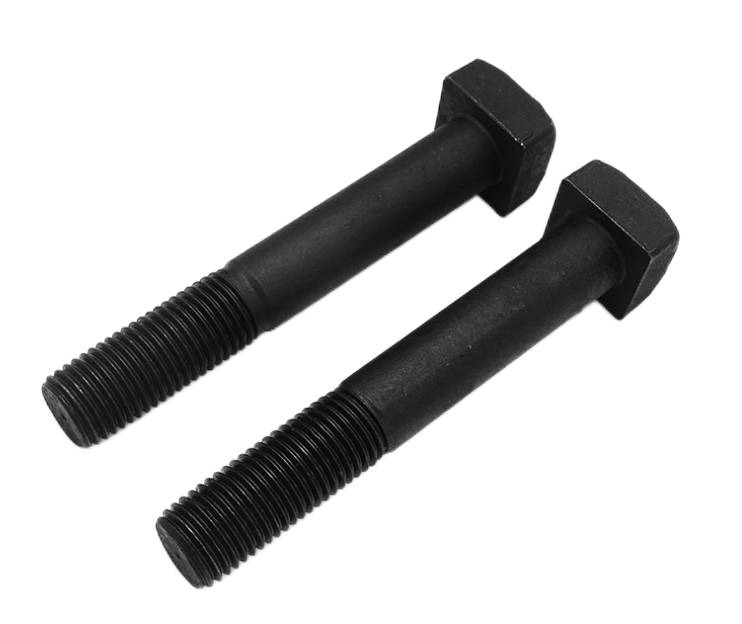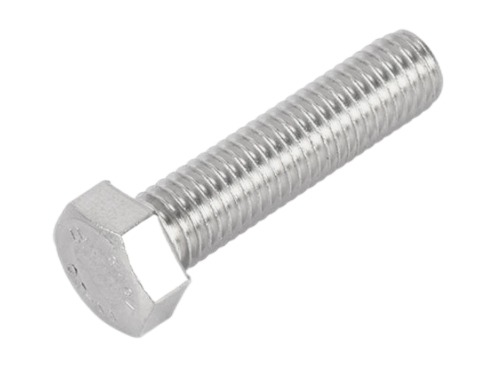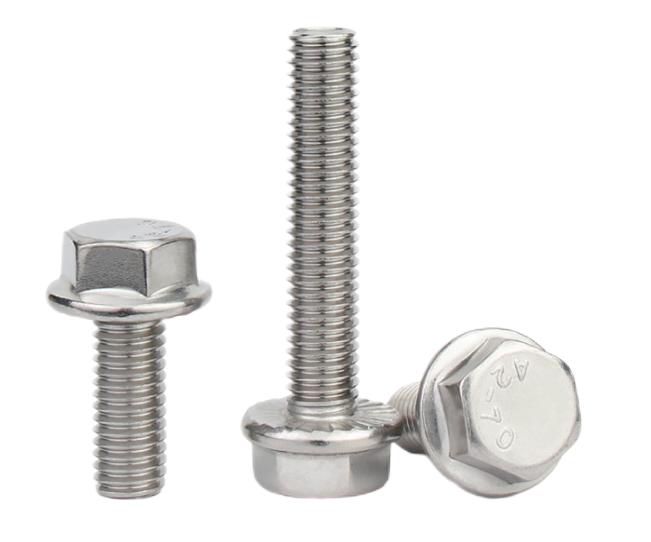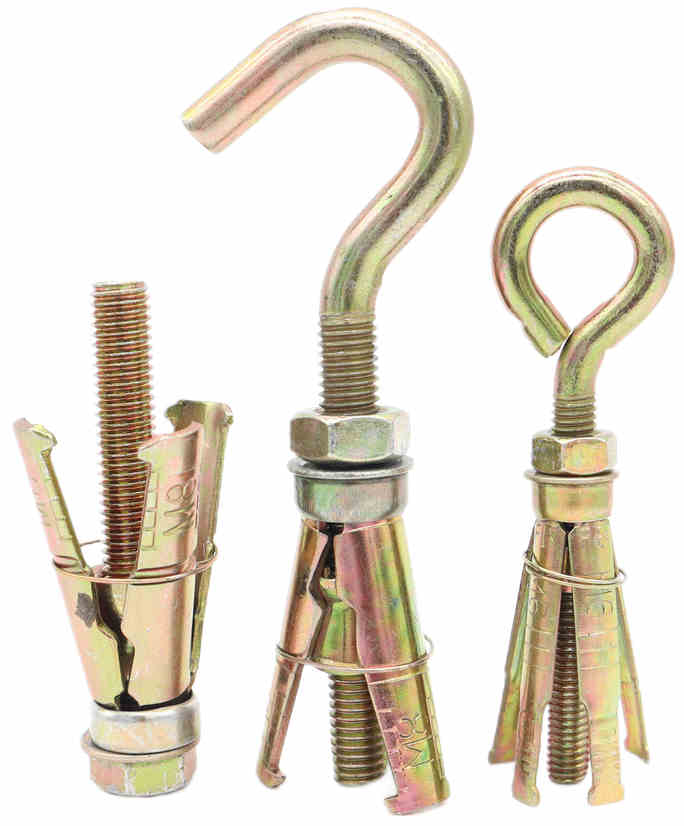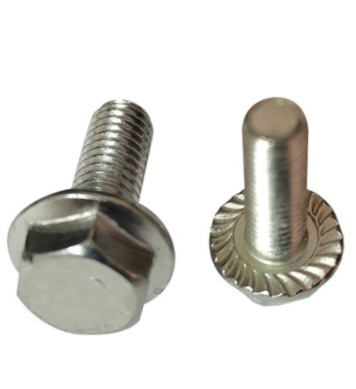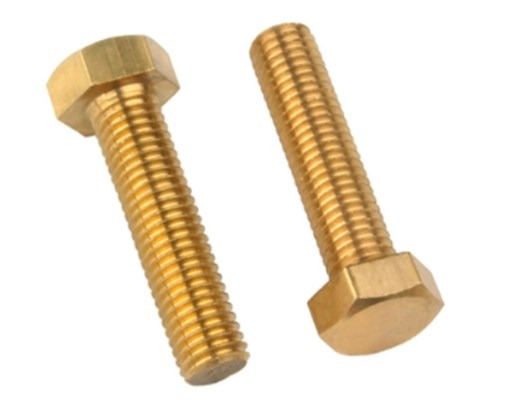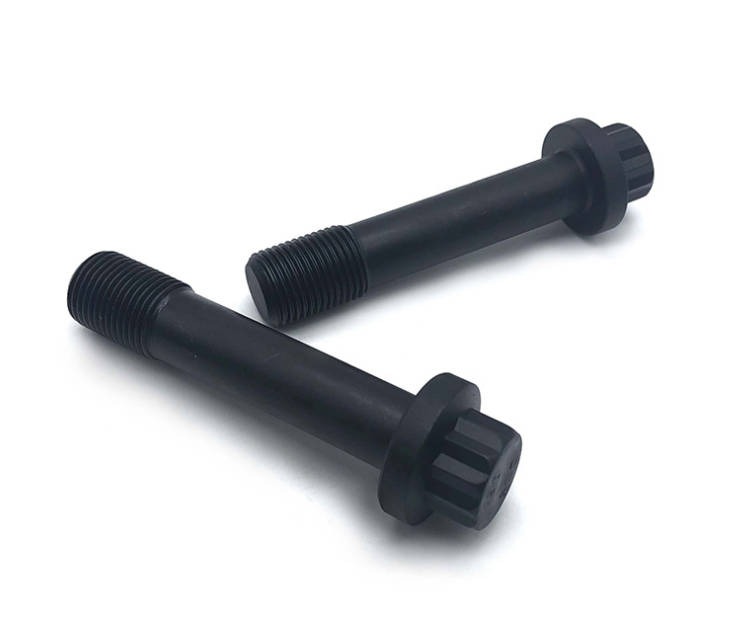Why Stud Bolts Are Important In Heavy-duty Industrial Applications?
Stud bolts are a important component in industrial applications, where they are utilized to provide strong and dependable connections between two large objects or structures. Stud bolts are a vital tool for anyone working in building, manufacturing, or any other industrial industry.
What Are Stud Bolts?
Stud bolts are threaded fasteners. Typically, stud bolts are threaded on both ends, with one end intended to be screwed into a tapped hole and the other end intended to receive a nut.
Stud bolts are frequently used in pairs, with one bolt screwed into one building and the second bolt fastened into the opposing structure, forming a bolted junction. This form of joint has a strong connection that can sustain high tension, compression, and shear pressure.
Carbon steel, alloy steel, and stainless steel are some of the materials used to make stud bolts. They are available in a variety of sizes and thread types, depending on the exact application and joint requirements.
Stud bolts can be ordered in a variety of sizes and thread types. The bolt diameter is usually given in inches or millimeters, whereas the thread type varies depending on the application. UNC, UNF, and metric threads are all common thread kinds. Furthermore, stud bolts can be fully threaded or only partially threaded, depending on the requirements of the joint being produced.

What Are The Functions Of Stud Bolts?
Stud bolts’ primary role is to provide a stable and dependable connection between two large items or structures. The bolt is threaded on both ends, with one end fitted into a tapped hole and the other end receiving a nut. Tightening the nut onto the threaded end of the bolt compresses the joint and provides a clamping force that holds the two objects together.
Stud bolts are frequently utilized in situations requiring a high level of strength and longevity. They can endure severe tension, compression, and shear stresses, making them excellent for heavy-duty industrial applications.
Creating a strong joint
Stud bolts connect two items or structures securely, forming a junction that is resistant to loosening, vibration, and fatigue.
Distributing loads evenly
The threaded design of stud bolts helps to transmit loads evenly throughout the joint, lowering the possibility of stress concentrations and enhancing overall connection strength.
Easy to install and remove
Stud bolts are a popular choice for applications that require frequent maintenance or disassembly because they are simple to install and remove.
Corrosion resistance
Stud bolts can be corrosion resistant depending on the material used, making them excellent for use in locations where moisture or other corrosive chemicals are a concern.

What Are The Installation And Maintenance Of Stud bolts?
Installation and maintenance of stud bolts is an important process to ensure the reliability and longevity of a bolted joint.
Installation
- Check the bolt size, length, and thread type to confirm they are appropriate for the application.
- Clean and check the tapped hole for debris or damage that could impair the bolt’s operation.
- Insert the stud bolt into the tapped hole and tighten it by hand until it is snug.
- Place a nut on the exposed end of the stud bolt and hand-tighten it until it is finger-tight.
- Using a torque wrench, tighten the nut to the recommended torque value, as directed by the manufacturer. Tighten the nut in incremental increments, alternating between joint sides, until the desired torque is reached.
- Inspect the joint after the nut has been tightened to ensure the bolt is not twisted, the nut is not cross-threaded, and the bolt is properly seated in the tapped hole.

Maintenance
- Inspect the joint on a regular basis to verify the stud bolts are correctly tightened and there are no signs of wear or corrosion.
- Inspect the bolted joint more regularly if it is subjected to harsh circumstances, such as high temperatures or corrosive environments.
- If a stud bolt becomes loose or broken, it should be replaced promptly.
- Ensure that the nut and bolt threads are adequately lubricated during.
Summary
Stud bolts can provide a secure and reliable connection in a wide range of heavy-duty industrial applications, which makes them is an essential component.

